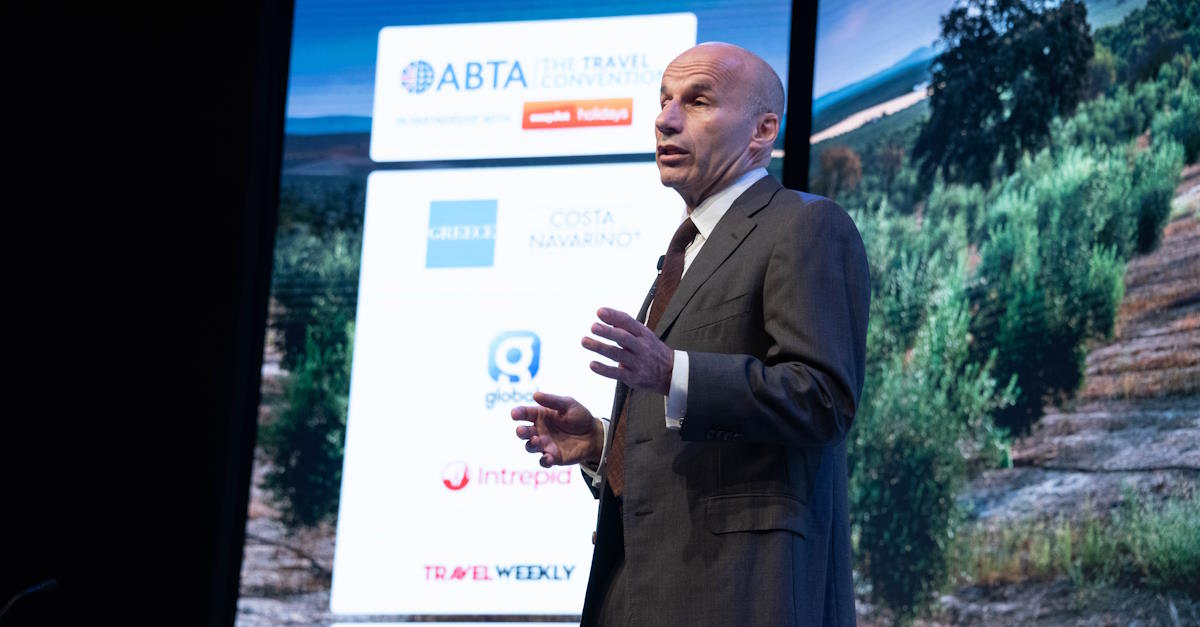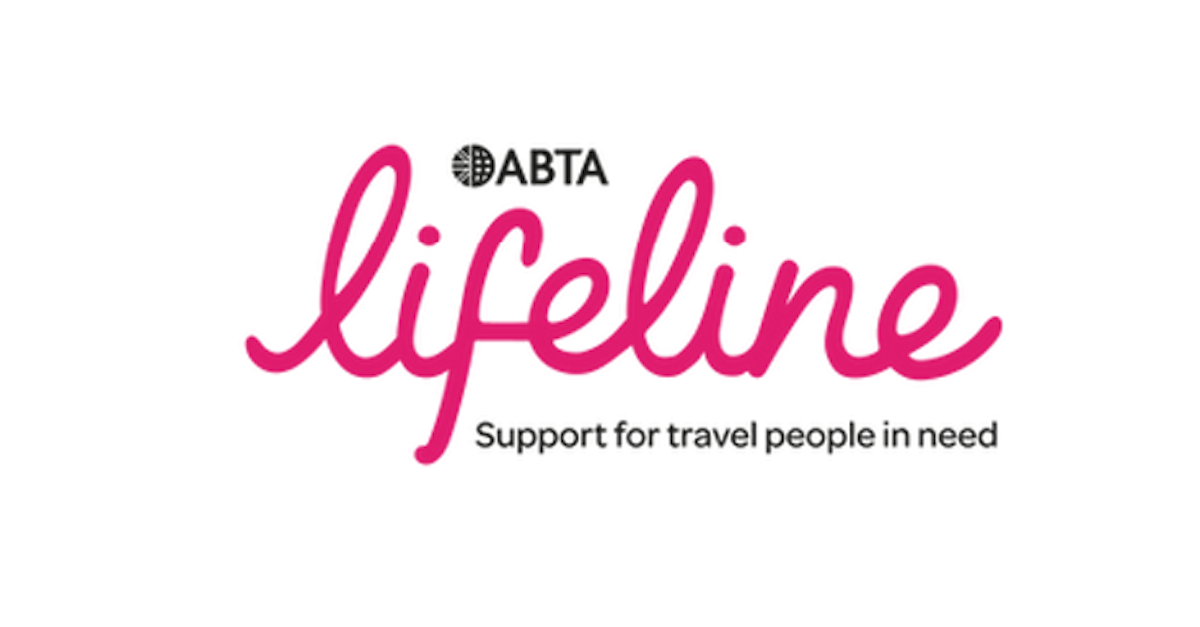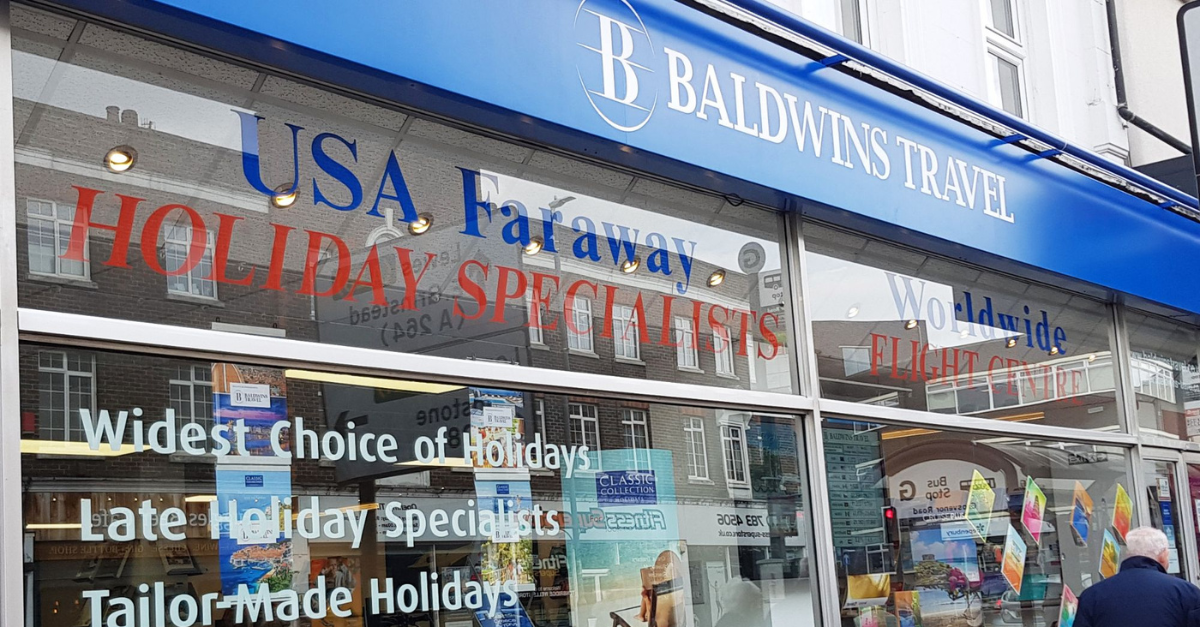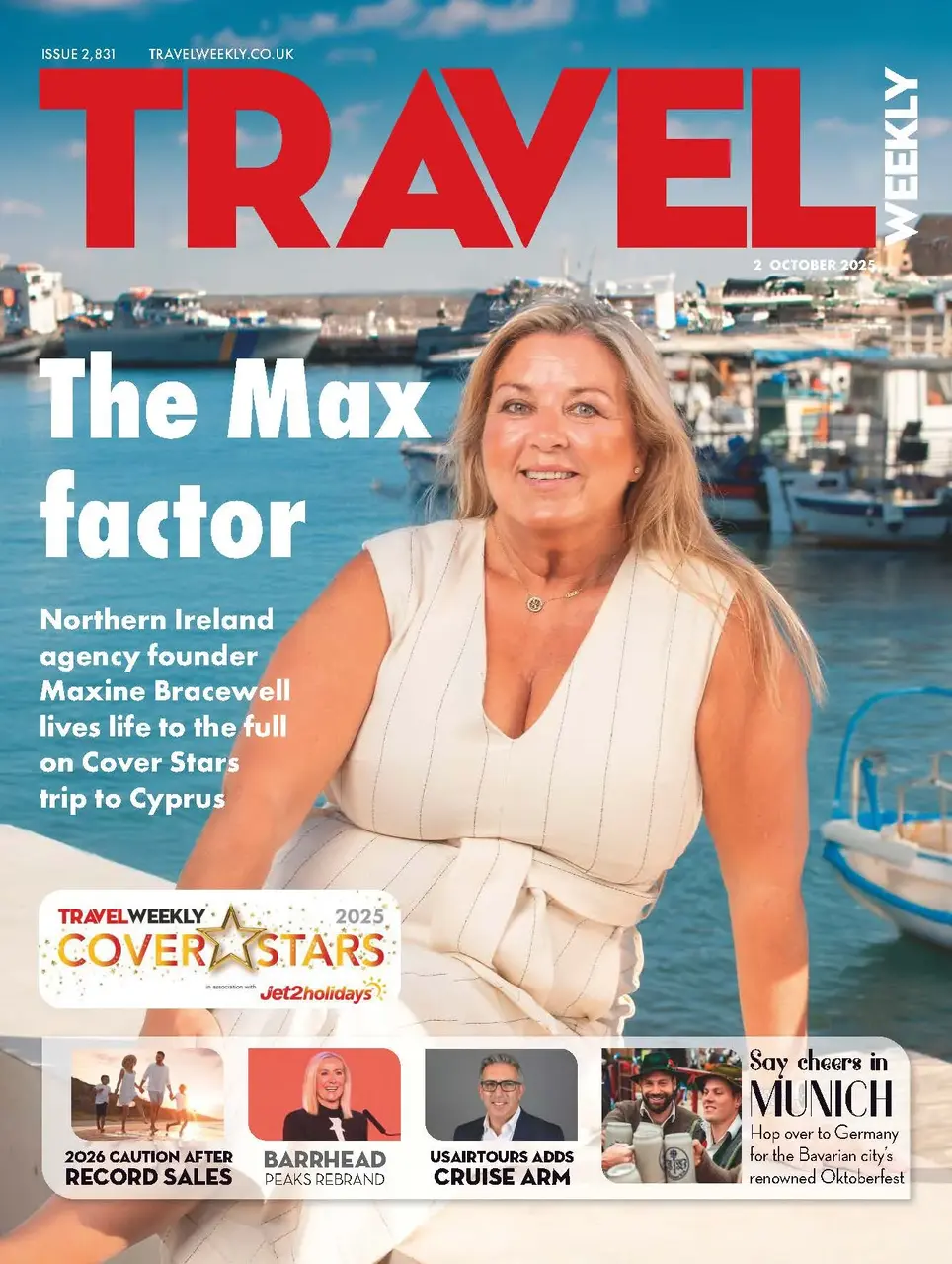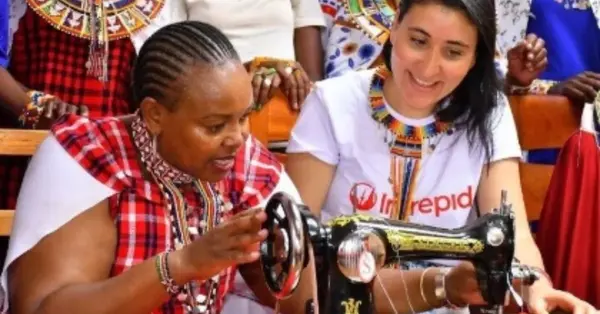Firms urged to join card fees lawsuit

Travel companies of all sizes are being invited to join a class action lawsuit against Mastercard and Visa, seeking repayment of at least £1.5 billion in service fees.
Harcus Parker, a law firm specialising in group litigation, is poised to bring a claim at the Competition Appeal Tribunal (CAT) for repayment of Multilateral Interchange Fees (MIFs) on corporate card transactions and the ‘inter-regional fees’ on payments by overseas cardholders.
The CAT is the UK court which hears competition cases and MIFs make up most of the service charges banks levy on businesses for processing card payments. Visa and Mastercard set the rates of MIFs and ‘inter-regional fees’ and Harcus Parker lawyers will argue they forced banks to charge “anti-competitive and unlawful” rates.
More: Analysis: Card giants face £1.5bn fees claim
The EC ruled such fees on EU consumer card transactions broke competition law back in 2007. The fees can be up to 1.8% of a corporate card transaction when MIFs have been capped at 0.3% on consumer credit card transactions and 0.2% on consumer debit cards since 2015.
Jeremy Robinson, competition litigation partner at Harcus Parker, said: “This case is about making a stand against unlawful interchange fees. The Supreme Court and European Court of Justice have both condemned this practice for consumer credit and debit cards. UK courts should now clamp down on commercial card and inter-regional fees.”
Robinson told Travel Weekly: “When a customer buys from a travel business [with a card], the business pays its bank a merchant service charge (MSC). Most of the MSC is made up of an ‘interchange fee’ which banks pay to one another, but this Merchant Interchange Fee [MIF] is not set by the banks. It is set by Visa and Mastercard.”
The class action is open to all travel businesses, large or small. Those with an annual pre-Covid turnover of £100 million or more just need to opt into the claim. Businesses with turnover below £100 million will automatically be included unless they opt out.
An initial CAT hearing is expected before the end of the year, with a decision on whether the case can go to trail within months of that. The case will be financed by third-party litigation funder Bench Walk Advisers and is fully insured.
You have viewed both of your 2 free articles this month as an unregistered user
To continue reading, please register with Travel Weekly free of charge, or if you have already registered click here to login

